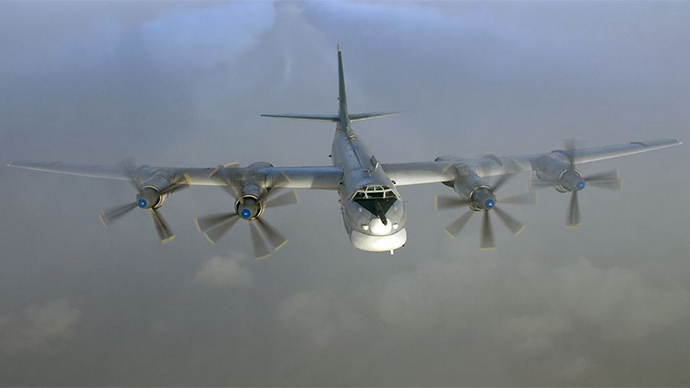Russian military flights: facts and myths

Yesterday FCO Permanent Under-Secretary Simon Fraser and I discussed Russian aircraft flights in the international airspace on 28 January.
The British side expressed concern over the fact that operations of Russian military aircraft allegedly caused disruption to the civil aviation in the area close to the UK-controlled airspace.
Western media coverage of this topic tends to focus on Russian military flights, omitting the fact that last year NATO military dramatically increased its airbourne missions along Russian borders. On 29 January British defence ministry spokesman answered a question on the UK Quick Reaction Alert aircraft launches in 2014. Contrary to some statements in media, official statistics show that Russia has not increased its military patrols in the Atlantic Ocean over the year.
We also hear that Russian planes fly with their transponders turned off, which is deemed dangerous and unacceptable. In fact, this is a common practice for military aviation around the globe, including, first and foremost, the NATO military.
Let me once again stress that the concerns of our UK partners are not fully understandable, given that two Russian military aircraft were on a routine air patrol duty over the high seas of the Atlantic Ocean. This flight (as all other routine flights of the Russian military aircraft) was carried out in strict compliance with the international legal norms including International Flight Rules and Regulations, without violation of other countries’ airspace, therefore it cannot be regarded as threatening, destabilizing or disruptive. As far as I know, the British aircrews welcome the training opportunities these flights provide.
Before criticizing Russia, our NATO friends should look at their own activities along Russian borders, otherwise we cannot but view discussion of this subject as propaganda intended to shift attention from increased NATO activity near Russian airspace.
MORE:
The statements, views and opinions expressed in this column are solely those of the author and do not necessarily represent those of RT.
The statements, views and opinions expressed in this column are solely those of the author and do not necessarily represent those of RT.













